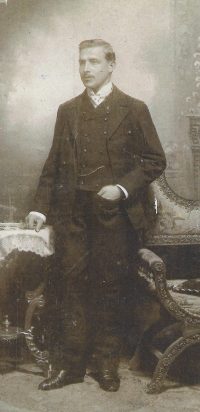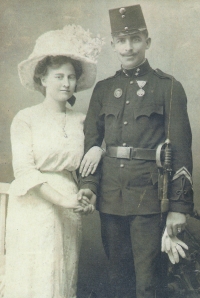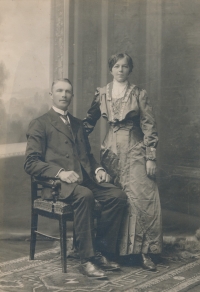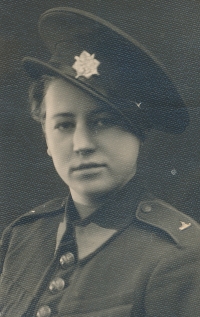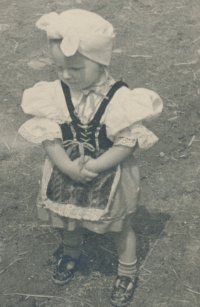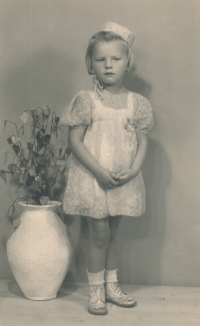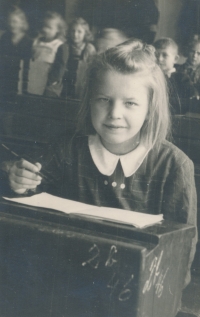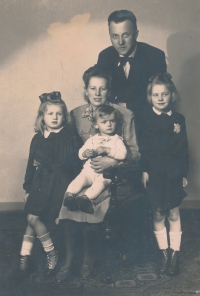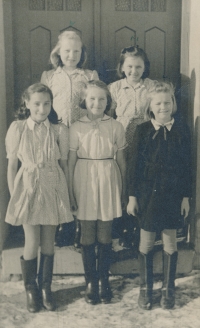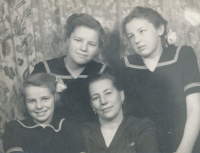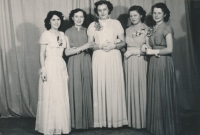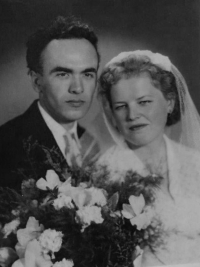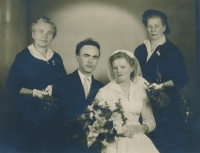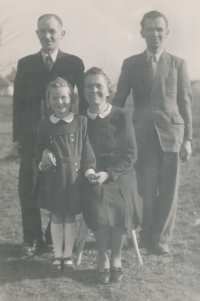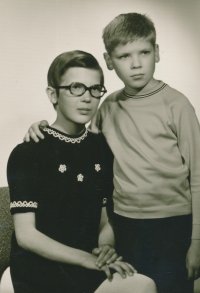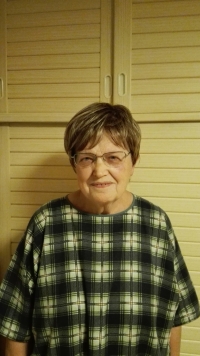They never offered me to join the party, they knew what I was like.
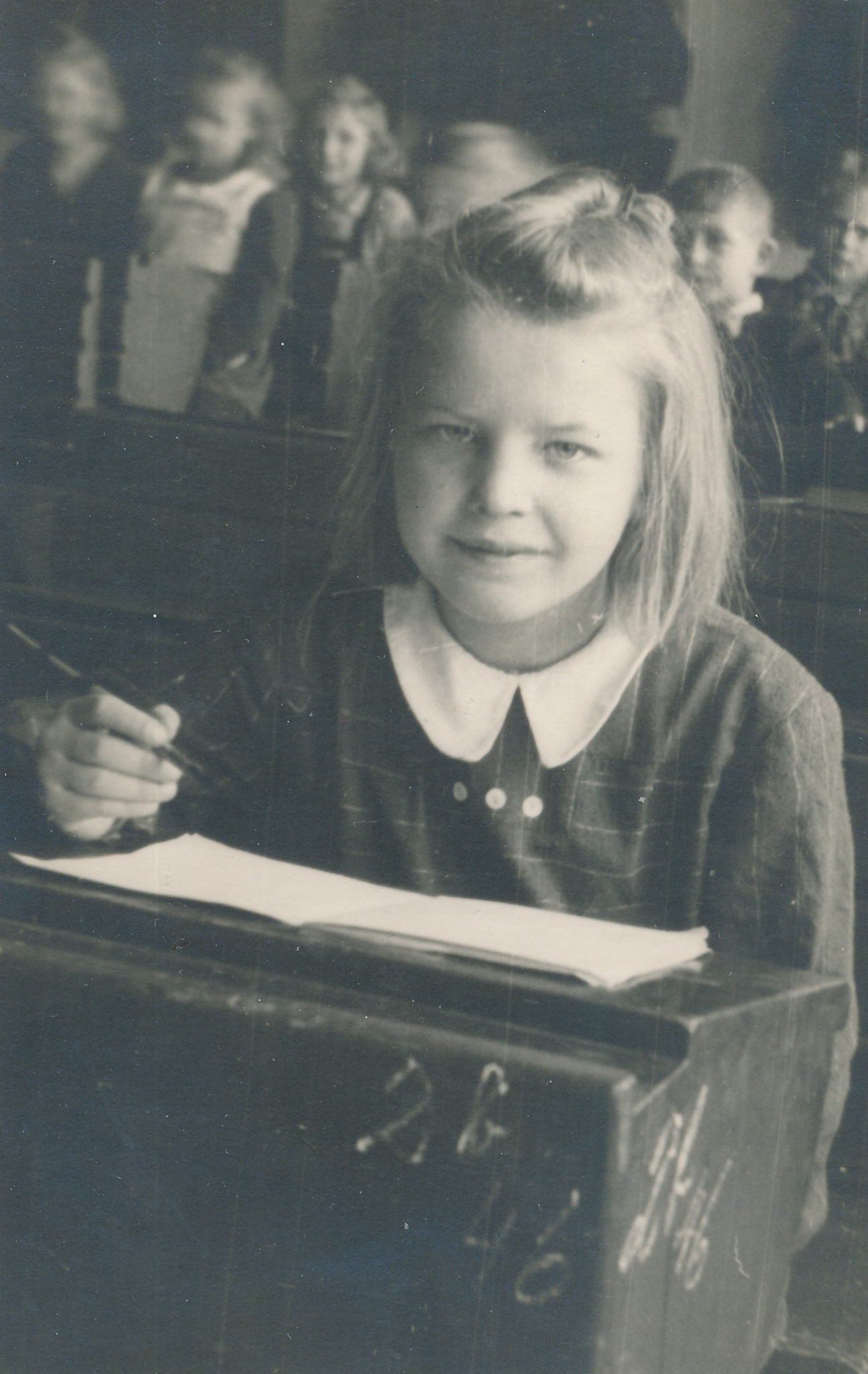
Stáhnout obrázek
Ludmila Tůmová was born on 6 June 1938 in Mukachevo in the Transcarpathian region in western Ukraine, which was then part of Czechoslovakia. Her mother Emilia, née Jakimova, came from there, and her father František Janouch came there as a bank clerk. After the territory was seized by the Hungarians in 1939, the family moved to the village of Dolní Svince in southern Bohemia, where her father‘s parents had a large farm. However, during the war they found an apartment in Prague-Karlín. Here, during the Prague Uprising in 1945, her father was shot by the Nazis at the Karlin viaduct. The mother and her three daughters then moved to Stary Chodov, where the witness lived the rest of her life. The South Bohemian farm was seized by the Communists and her uncle Jan Janouch, who owned it at the time, was imprisoned for a year. After graduating from high school, Ludmila Tůmová enrolled in a one-year teacher training course and later studied at the Faculty of Education at Charles University. She worked most of her life as an elementary school teacher. She was brought up as a Catholic and did not stop going to church even in adulthood, even though it caused her difficulties in the socialist school. She never joined the Communist Party and tried to live up to the Christian values she grew up with. She retired in 1993. At the time of filming for Memory of Nations (2023) she lived in Prague-Chodov.
